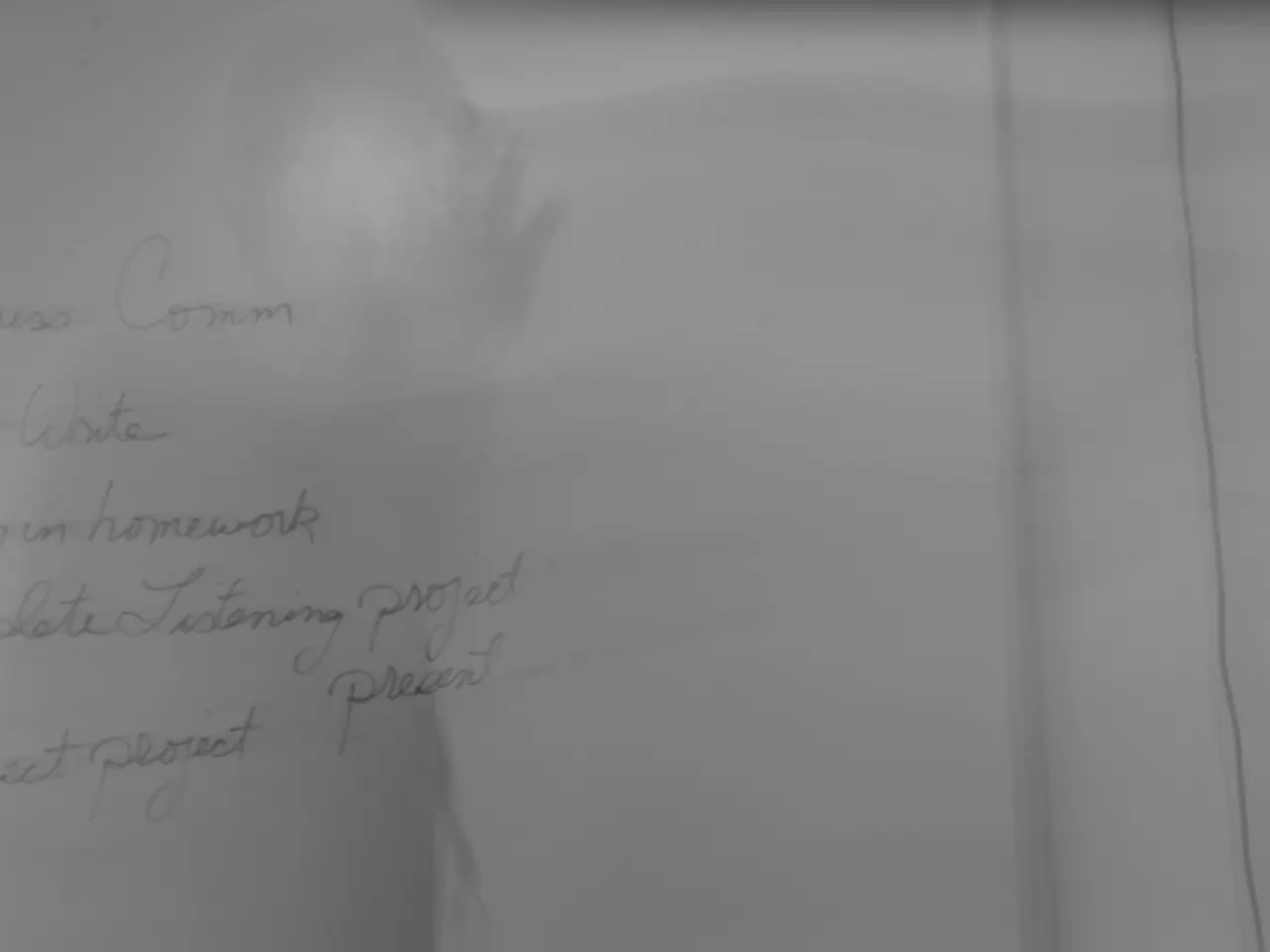Federal poverty researchers allege manipulation by the Federal Statistical Office in calculating the national poverty rate
In a recent development, a group of thirty renowned poverty researchers in Germany, including experts like Ulrich Schneider and Christoph Butterwegge, have accused the Federal Statistical Office (Destatis) of understating poverty rates and manipulating calculations.
The crux of the criticism lies in Destatis's decision to eliminate a calculation method that previously counted over one million people as poor, thereby artificially lowering the official poverty figures. This change effectively removes a significant portion of people from the poverty statistics, leading to what the researchers call "hidden poverty" that is not reflected in official data.
The new statistical approach, which the Federal Statistical Office claims is necessary for EU-wide comparability, is questioned by the poverty researchers. They argue that this manipulation leads to a "significantly higher" actual poverty rate than the official figures presented by Destatis.
The researchers' concerns were reported in the "Redaktionsnetzwerk Deutschland" newspapers. Ulrich Schneider, the CEO of the Paritätischer Welfare Association, stated that according to the remaining calculation method, the poverty rate nationwide in 2023 was 15.5 percent. However, under the now-deleted method, it was 16.6 percent.
The signatories view the suppression of results of general scientific and public interest as "bureaucratic arbitrariness" and an "unacceptable interference with scientific freedom." They have called on the President of the Federal Statistical Office, Ruth Brand, to reverse the decision to delete the results of the second calculation method.
The criticism from the poverty researchers focuses on the fact that the new method's superiority is not universally accepted in the specialist community, especially regarding the calculation of income poverty. The new method includes state benefits like child benefit, child supplement, BAföG, care money, or housing benefit in the calculation of household net income, which the researchers argue may skew the results.
The authors of the letter suggest that the results might have been "steered in a certain direction." They question whether the action of the Federal Statistical Office is manipulation or at least interest-driven.
This accusation fits into broader concerns about social security benefits in Germany being insufficient to guarantee an adequate standard of living, as noted by Human Rights Watch and other organizations. Despite some recent benefit increases, social welfare remains inadequate to prevent monetary poverty, especially among vulnerable populations.
The Federal Statistical Office has not yet responded to these allegations publicly. The debate continues, shedding light on the importance of accurate and transparent statistical data in understanding and addressing poverty in Germany.
- The controversy surrounding the Federal Statistical Office's policy-and-legislation changes in calculating poverty rates has sparked debates in the realm of politics, with poverty researchers accusing Destatis of manipulating calculations and hiding poverty.
- The matter of the altered policy-and-legislation within the Federal Statistical Office's methodology for calculating poverty rates has become a topic of general-news interest, with the researchers' allegations challenging the official statistics and highlighting the need for transparency and unbiased data.




